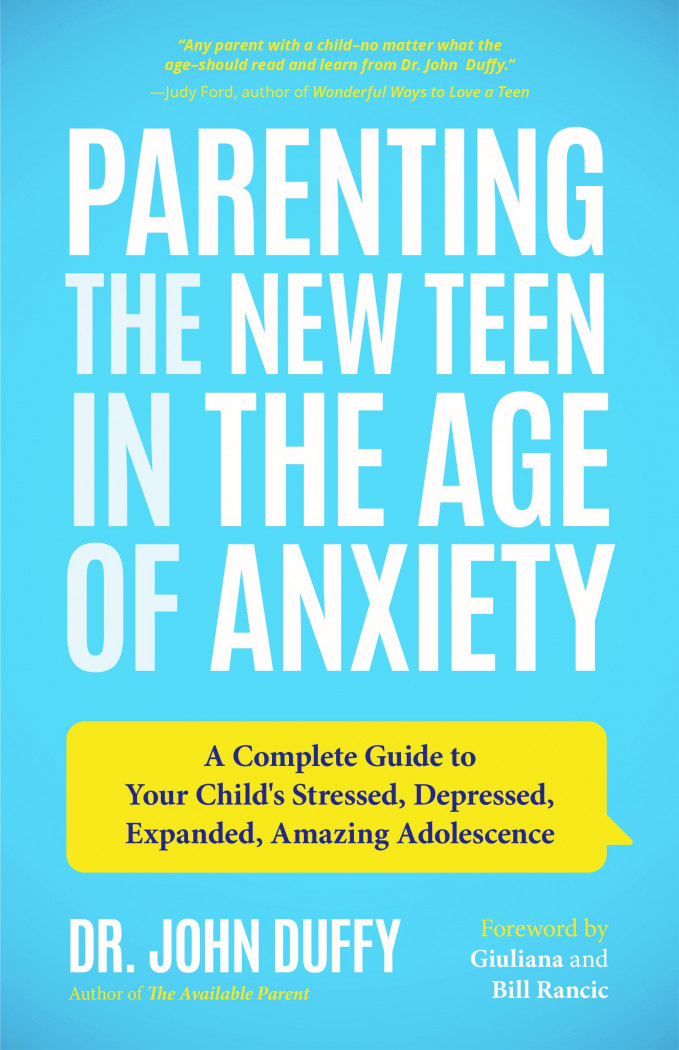Since the start of the pandemic, there’s been a strange phenomenon of teenage girls showing up at their doctor’s offices with strange tics.
Several medical journal articles found teen girls were watching TikTok videos of people who said they had Tourette syndrome, a neurological disorder that can cause physical tics.
Doctors said the TikTok videos, as well as anxiety and depression, could be contributing factors.
“A child feels depressed or anxious — they go to social media to look for answers and support, they find it. Sometimes they find people like (medical professionals) saying here’s what you do if you’re feeling down or they go to get some peer support,” Dr. John Duffy told NewsNation.
Duffy, a clinical psychologist, told NewsNation that these are extreme circumstances and are rare, but it does happen.
“Every once in a while, they stumble upon a hashtag, #tics, #tourettes, and they go down the rabbit hole for hours. But if you’re depressed, anxious, and a teenager, there’s this perfect storm because you’re kind of suggestible. If you watch this often enough and hear these familiar phrases — “I’m really upset about this,” “I’m anxious about this,” “I’m sad about this,” you start to adopt some of the behavior that is the hallmark of that disorder,” Duffy explained.
Duffy said this isn’t the first time doctors have seen this. This reaction teen girls are experiencing is similar to studies published on video game violence affecting people’s moods.
“Video games, self-harm, eating issues — there’s been a number of iterations of this that have not been so behaviorally obvious,” Duffy said. “What I think some of these girls are finding with this is it gets them the attention that they need, so it’s a cry for help to some extent.”
Duffy advises parents concerned about this or who have seen their daughters experience some of these tics to get their child to a medical professional.
“The first thing you want to do is get your child to their pediatrician; maybe a neurologist makes sure there’s nothing actually neurological going on. Then have them see a cognitive behavioral therapist, so they get some coping skills to manage all of this stuff.”


